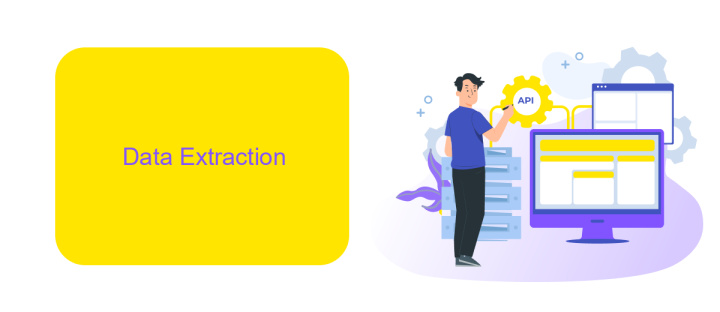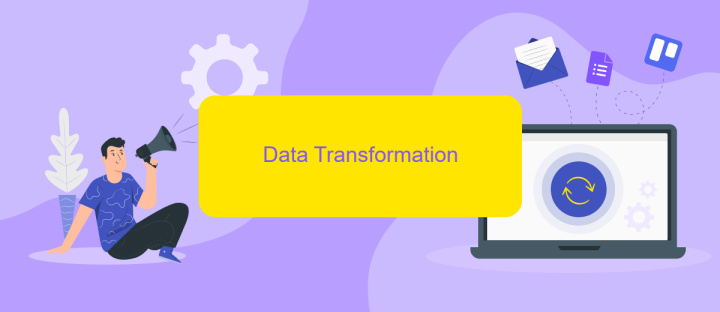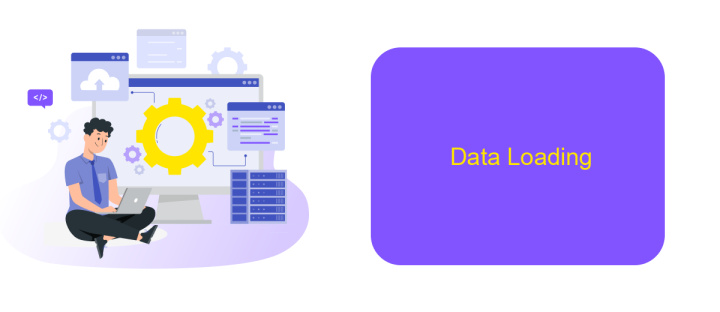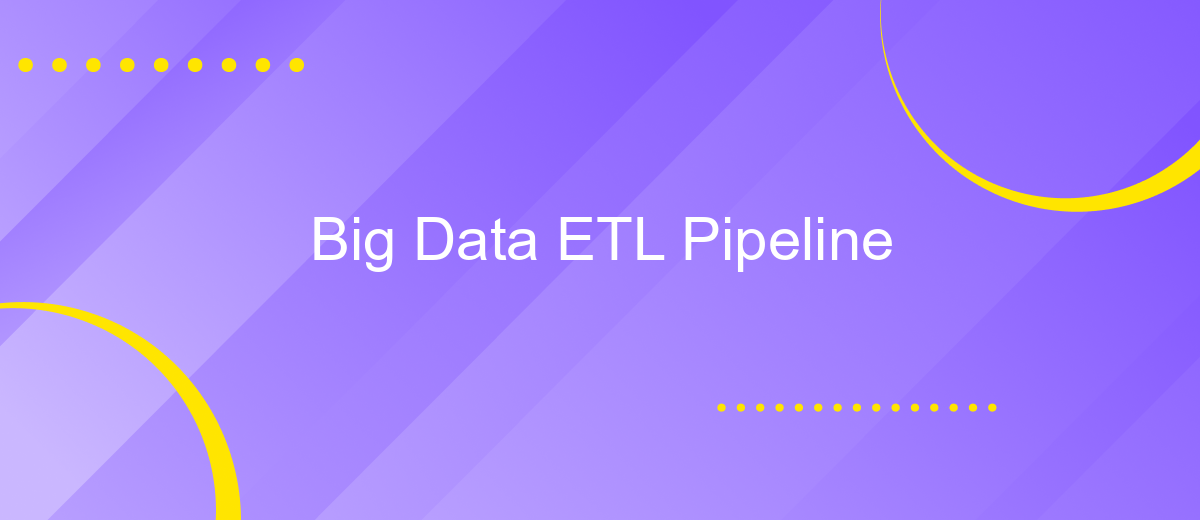Big Data ETL Pipeline
In today's data-driven landscape, the ability to efficiently extract, transform, and load (ETL) vast amounts of information is crucial for organizations. A well-designed Big Data ETL pipeline not only ensures data integrity and accessibility but also empowers businesses to make informed decisions. This article explores the key components and best practices for building a robust Big Data ETL pipeline.
Introduction
Big Data ETL (Extract, Transform, Load) pipelines are essential for managing and processing vast amounts of data efficiently. These pipelines enable organizations to extract data from multiple sources, transform it into a usable format, and load it into a destination system for analysis. The importance of ETL pipelines in the realm of Big Data cannot be overstated, as they ensure data integrity, improve data quality, and provide a structured approach to data management.
- Extract: Gathering data from various sources such as databases, APIs, and files.
- Transform: Cleaning, enriching, and structuring the data to meet business needs.
- Load: Inserting the transformed data into a data warehouse or other storage solutions.
One of the critical aspects of building an effective ETL pipeline is integrating different data sources seamlessly. Tools like ApiX-Drive facilitate this by providing easy-to-use interfaces for connecting various services and automating data workflows. By leveraging such tools, organizations can streamline their ETL processes, reduce manual effort, and ensure that data is always up-to-date and ready for analysis.
Data Extraction

Data extraction is the initial step in the ETL pipeline, where raw data is collected from various sources. This process involves identifying and accessing structured and unstructured data from databases, APIs, files, and other repositories. The goal is to gather all relevant data needed for further processing and analysis. During extraction, it is crucial to ensure data consistency and integrity to prevent any loss or corruption.
To streamline the data extraction process, various tools and services can be utilized. One such service is ApiX-Drive, which facilitates seamless integration between different platforms and data sources. ApiX-Drive allows users to automate data extraction from APIs, databases, and other applications without requiring extensive coding knowledge. By leveraging such services, organizations can efficiently gather data, reduce manual efforts, and ensure a smooth transition to the subsequent stages of the ETL pipeline.
Data Transformation

Data transformation is a crucial step in the ETL pipeline, where raw data is converted into a format suitable for analysis. This process involves cleaning, normalizing, and enriching data to ensure its quality and usability. Effective data transformation can significantly enhance the insights derived from big data analytics.
- Data Cleaning: Remove duplicates, handle missing values, and correct inconsistencies.
- Data Normalization: Standardize data formats and scales to ensure uniformity across datasets.
- Data Enrichment: Integrate additional data sources to add context and value to the existing data.
Integrating various data sources can be challenging, but tools like ApiX-Drive simplify this process. ApiX-Drive allows seamless integration of multiple services, automating data flows and transformations with minimal effort. By leveraging such tools, organizations can streamline their data transformation processes, ensuring that their big data analytics are both comprehensive and accurate.
Data Loading

Data loading is a critical phase in the ETL pipeline, where transformed data is moved into the target storage system, such as a data warehouse or data lake. This step must ensure data integrity, consistency, and availability to support subsequent data analysis and reporting tasks.
To achieve efficient data loading, it is essential to consider factors like data volume, frequency of updates, and the architecture of the target system. Optimizing these factors can significantly enhance the performance and reliability of the ETL process.
- Batch loading: Suitable for large volumes of data that can be processed at scheduled intervals.
- Real-time loading: Ideal for applications requiring immediate data availability and updates.
- Incremental loading: Updates only the changed data, reducing load times and resource usage.
Utilizing integration services like ApiX-Drive can streamline the data loading process by automating data transfers between various systems. ApiX-Drive offers a user-friendly interface and supports numerous integrations, ensuring seamless data flow and minimizing manual intervention.


Evaluation and Monitoring
Effective evaluation and monitoring of a Big Data ETL pipeline are crucial to ensure its optimal performance and reliability. Regularly assessing the pipeline's efficiency helps identify bottlenecks, data quality issues, and potential system failures. Implementing automated testing and validation processes can significantly enhance the accuracy and consistency of the data being processed. Utilizing metrics such as data throughput, error rates, and processing time allows for continuous improvement and timely adjustments to the pipeline.
For seamless monitoring and integration, leveraging tools like ApiX-Drive can be highly beneficial. ApiX-Drive facilitates the connection and synchronization of various data sources, ensuring smooth data flow across the ETL pipeline. By automating data transfer and monitoring, it reduces manual intervention and minimizes the risk of errors. Additionally, setting up real-time alerts and notifications can help promptly address any issues that arise, maintaining the pipeline's robustness and efficiency. Regular audits and performance reviews are essential to adapt to evolving data requirements and maintain the pipeline's long-term effectiveness.
FAQ
What is a Big Data ETL Pipeline?
Why is ETL important in Big Data?
What are the common challenges in building a Big Data ETL Pipeline?
How can I automate my Big Data ETL Pipeline?
What are the best practices for designing a Big Data ETL Pipeline?
Apix-Drive will help optimize business processes, save you from a lot of routine tasks and unnecessary costs for automation, attracting additional specialists. Try setting up a free test connection with ApiX-Drive and see for yourself. Now you have to think about where to invest the freed time and money!

